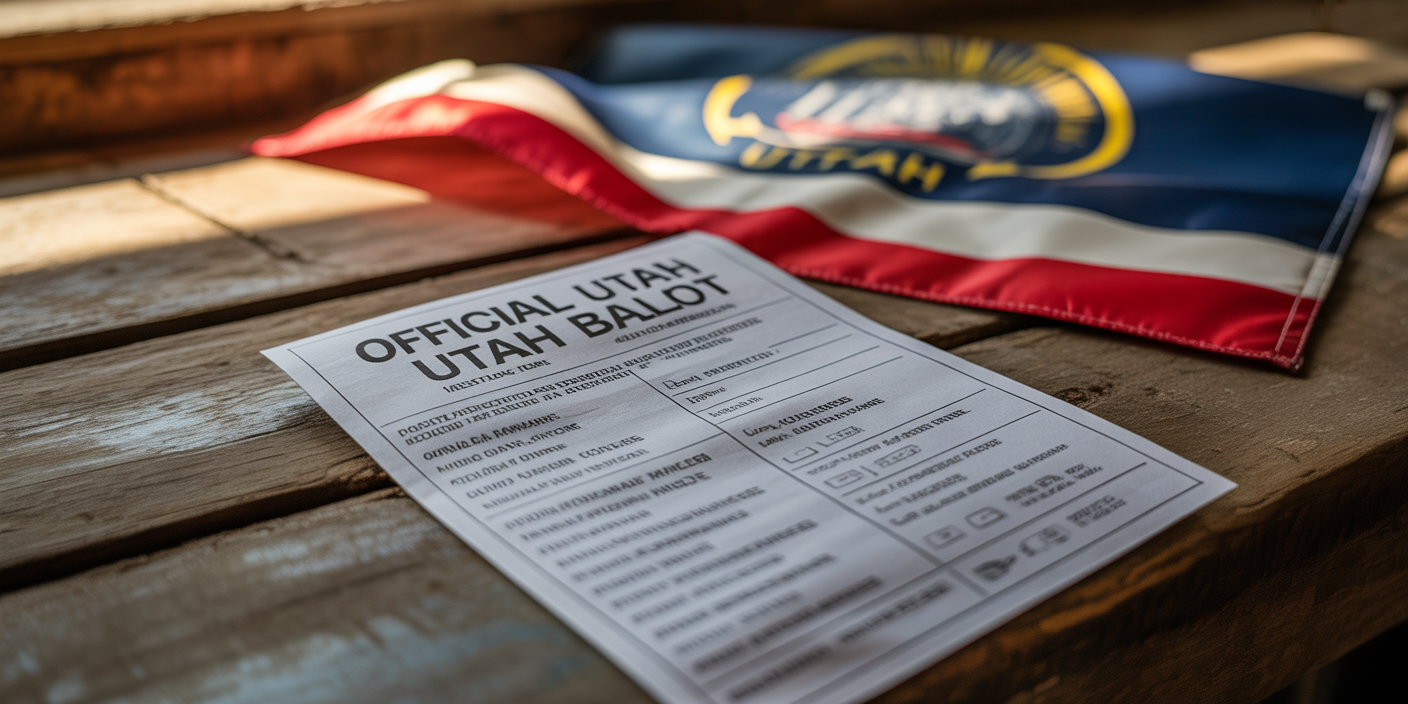801 Insider
Archives
Utah Confronts Redistricting, Drought, and Mail-In Voting Reforms
SIGN UP FOR OUR NEWSLETTER
Utah Faces New Political Challenges Amid Redistricting, Drought, and Mail-In Voting Reforms |
State grapples with court-mandated redistricting, persistent drought conditions, and significant changes to mail-in voting procedures |
Utah is currently navigating a series of significant political challenges, including court-ordered redistricting, ongoing drought conditions, and substantial reforms to its mail-in voting system.
Redistricting Ruling Shakes Up Political Landscape
In a landmark decision, Judge Dianna Gibson mandated that Utah's Legislature redraw the state's congressional districts by September 24, 2025. The ruling found that the existing maps, which divided Salt Lake County—a Democratic stronghold—among all four districts, violated constitutional principles by undermining voter-approved redistricting reforms. This decision could introduce competitive races in districts previously dominated by Republicans, potentially altering the state's political dynamics.
Persistent Drought Challenges Water Resources
Utah continues to grapple with severe drought conditions affecting both urban and rural communities. The Great Salt Lake, a critical component of the state's ecosystem, remains at historically low levels, threatening local wildlife and the renowned "greatest snow on earth." State leaders, including former Speaker Brad Wilson, have prioritized water conservation efforts, but experts emphasize the need for ongoing public cooperation and policy adjustments to address the challenges posed by the arid climate.
Overhaul of Mail-In Voting System
Governor Spencer Cox recently signed HB300 into law, initiating a phased elimination of Utah's universal mail-in voting system by 2029. The legislation requires voters to opt-in to receive mail-in ballots and mandates the inclusion of the last four digits of a state ID or Social Security number on return envelopes. While proponents argue these measures enhance election security, critics express concern that they may complicate the voting process and potentially reduce voter turnout, particularly among elderly, disabled, and rural populations.
As Utah confronts these multifaceted challenges, the state's commitment to democratic principles, environmental stewardship, and accessible voting will be tested. The outcomes of these developments will significantly influence Utah's political and social landscape in the coming years. |

